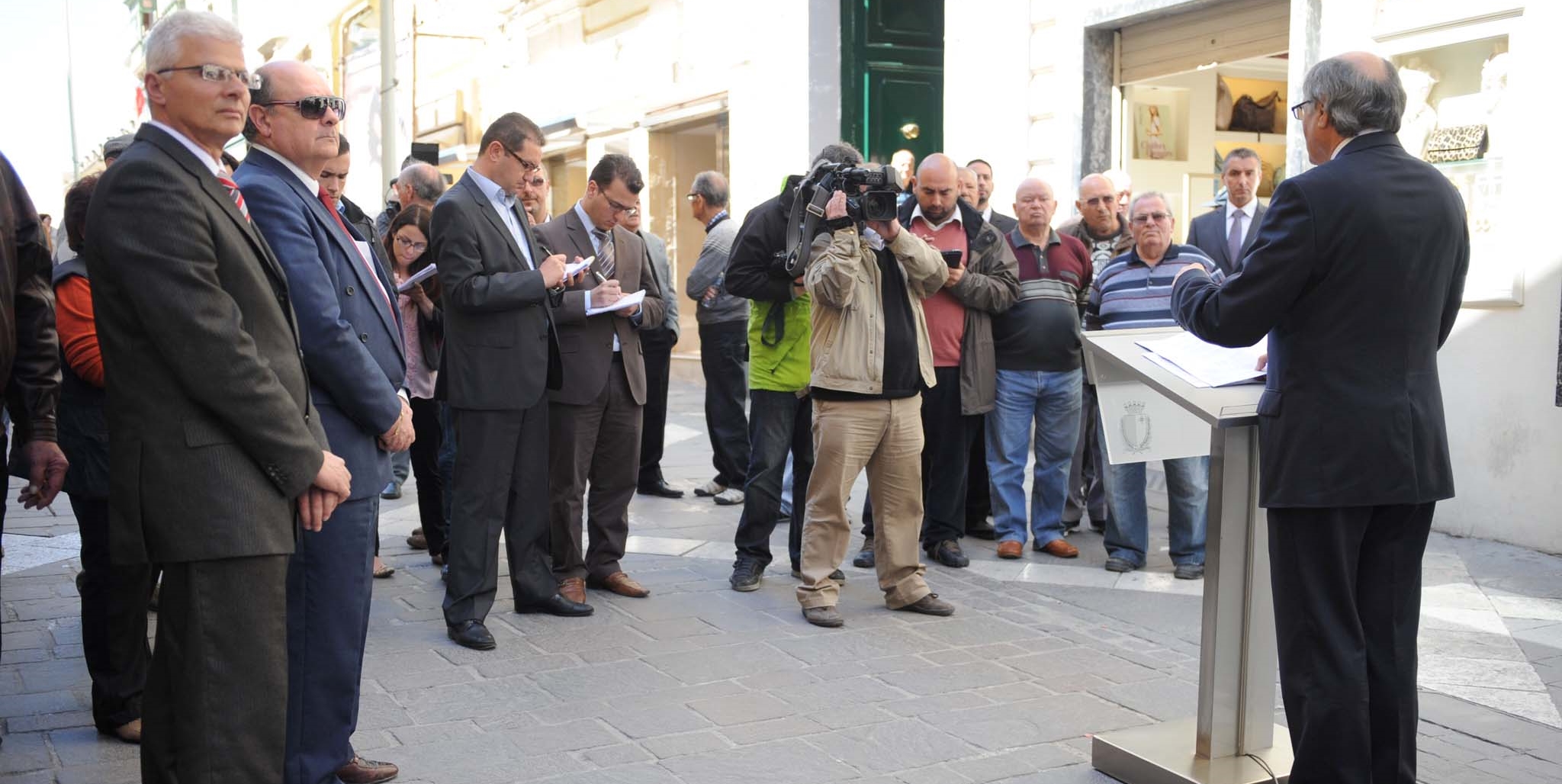The reduction in electricity and water tariffs introduced on 31st March 2014 will increase consumption by €42 million and boost the gross domestic product by 0.5%. Furthermore lower income families will benefit from a higher percentage of savings than higher income families, the Minister for Finance Prof. Edward Scicluna said. Prof. Scicluna was speaking during a press conference on Monday 7th April 2014, during which he explained the economic impact of the reduction in electricity and water tariffs, which are expected to result in a net injection of €30 million into the local economy. Prof. Scicluna underlined that from before the election, the Labour Party in Opposition recognised that Maltese and Gozitan households and industry needed a reprieve from burdensome tariffs which they faced.
[nggallery id=187]
He added that a year since stepping into office, the new Government was able to make good on this promise without upsetting the country’s finances because it is implementing the reduction on the basis of a well-thought out, costed, and feasible plan. The Finance Minister noted that the plan would only have been a gimmick, as some attempted to suggest, if this were not the case. Following the election, the new Government was faced with a situation where the only way forward for the failing energy corporation Enemalta was to raise energy tariffs. Not only did the new Government not do this, but it implemented an energetic new plan to rescue and strengthen Malta’s energy sector. Prof. Scicluna explained that the economic benefit of the reduction in water and energy tariffs will mean an injection of €30 million into the Maltese economy, an injection that will originate from external sources which will mean there will not be any compensating increases in taxes, as was the norm under past administrations. The Finance Minister further explained that the savings from the tariff will mean that the Gross Domestic Product will increase by 0.5%, and that private consumption is expected to increase by as much as €42 million, or 1%. Prof. Scicluna added that consequently, investment and export would also be affected positively. The full economic impact would have been much bigger were it not for the high importation associated with small open economies such as ours. Prof. Scicluna went on to say that the reduction in tariffs is socially progressive and underlines the social conscience of this Government as lower-income families will benefit considerably more than higher-income families.
“The progressive nature of the tariff reduction will mean that lower income households will benefit roughly three times as much as higher income households. We are conscious of those who are in more need of assistance than others, we were working to assist them in a targeted and focused manner,” Prof. Scicluna said. The Finance Minister also underlined that the overall tariff reduction to tariffs and industry was made more sustainable thanks to the strengthening of the national energy corporation Enemalta by the landmark agreement with the Chinese Government.
– Monday, 7th April, 2014
